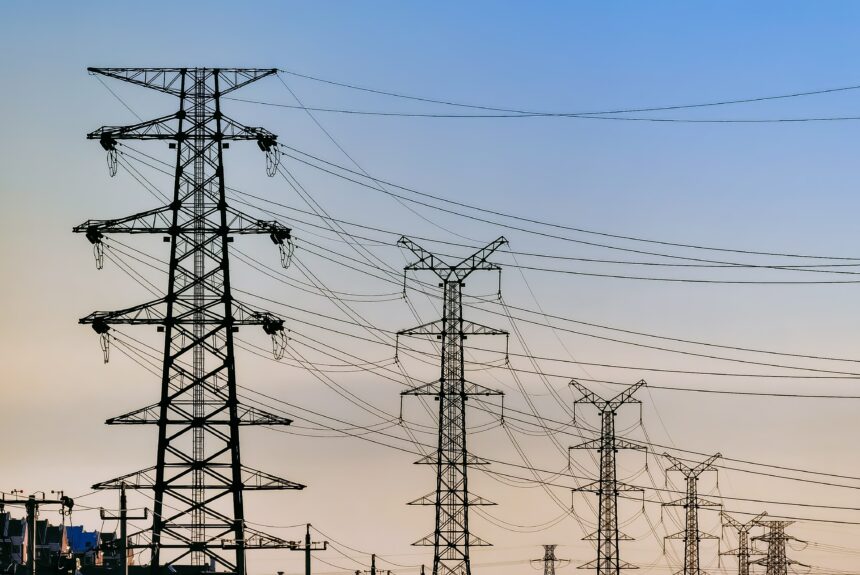West Virginia is an energy resource state and can find ways to continue being so, despite the major decline in coal mining and production. A utility in West Virginia recently announced that they are retiring a coal ash facility and installing solar panels on the land. Several other companies are also in the process of building solar farms on reclaimed coal strip mines in the state. While simply allowing utilities to produce solar is a step in the right direction, it’s only a small step for the economy of the state. To see the state truly flourish, policymakers need to lay off the heavy hand of regulation and protectionism and instead embrace an “all of the above” strategy.
These solar projects are possible because of legislation passed in 2020 allowing electric utilities to own and operate up to 200MW of renewable generation facilities. Unfortunately, the legislation restricts how much power can be produced by solar at any one time and also contains major protections for coal-fired generation that do not allow solar generation to replace any amount of coal generation capacity. This protectionism focuses solely on West Virginian coal and is keeping the state from truly capitalizing on its abundance of other natural resources.
Policies such as this one, which permit utilities to own solar generation facilities, invite private sector investment into the state of West Virginia, provide for potential employment opportunities, expand the state’s electricity generation portfolio, and redeem land that has been mined and polluted with coal ash. But the effects will be limited with such restrictions around growth.
The state, while rich in coal, also has a variety of other natural resources and a workforce with readily transferable skills. For example, SPARKZ, an energy startup company, is locating an electric battery factory in northern West Virginia. They will produce cobalt-free batteries and have agreed to hire and train dislocated miners. While this factory alone is not going to employ the entire region or boost the state’s economy, it is a signal that energy-related businesses are interested in going to West Virginia.
Additional opportunities exist in a variety of energy and natural resource-related businesses, such as nuclear power generation. State policymakers lifted a statewide ban on nuclear power plants in early 2022 and several other energy states, such as Alaska and Wyoming, have also lifted or implemented legislation to allow nuclear innovation in their states. And companies are showing interest.
>>>READ: West Virginia is on the verge of opening the door to the next generation of nuclear energy
Other energy-strong states are embracing many different industries related to energy production and natural resources.West Virginia must as well if they have any hope of competing and boosting their economy.
Rather than simply permitting a small amount of solar power generation to exist in the state with the goal of protecting current coal power generation, West Virginia needs to welcome many different energy and natural resource industries to the state. Coal, while certainly declining, still makes up almost 22% of all US electricity generation. But the demand for other power sources is growing. Those employed in the coal industry have the skillsets necessary for a variety of other related-energy jobs, and West Virginia would be remiss not to capitalize on that for the economy of the state and the well-being of those who live there.
Quinn Townsend is a Young Voices contributor and has an MS in Resource Management and Economics from West Virginia University. She works remotely as the Policy Manager at Alaska Policy Forum.
The views and opinions expressed are those of the author’s and do not necessarily reflect the official policy or position of C3.
